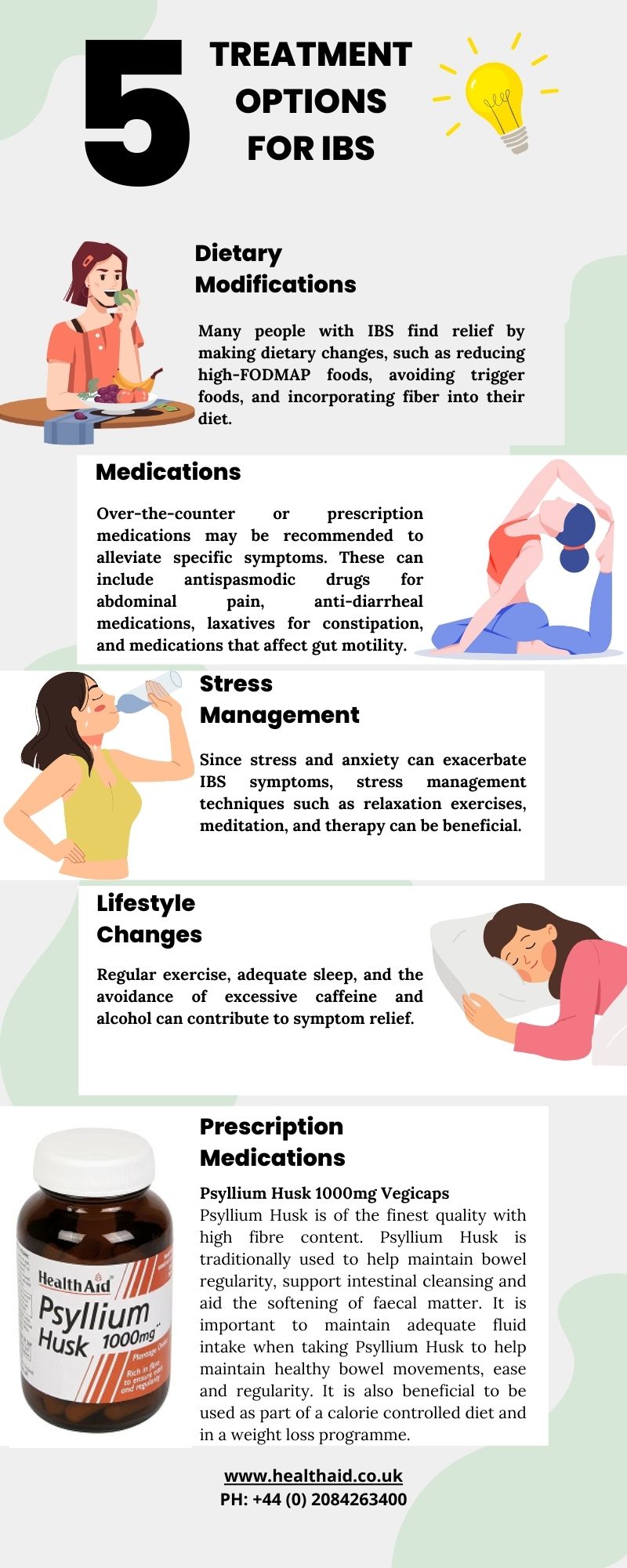
Irritable Bowel Syndrome (IBS) is a common digestive disorder that affects millions of people worldwide. It can be a debilitating condition, leading to a reduced quality of life for those who suffer from it. To better understand IBS, it's essential to explore its causes, symptoms, and treatment options. This comprehensive guide aims to shed light on this condition and offer insights into managing it effectively.
Irritable Bowel Syndrome: A Complex Condition
Irritable Bowel Syndrome is a gastrointestinal disorder characterized by a cluster of symptoms, rather than a specific disease with a well-defined cause. This complexity can make IBS challenging to diagnose and manage effectively. While its exact cause is not yet fully understood, several factors are believed to contribute to the development of IBS.
Causes of IBS
- Abnormal Gut Motility: One of the leading theories behind IBS is that it involves abnormal gut motility. In some cases, the digestive tract may contract too quickly, leading to diarrhea, while in others, it contracts too slowly, causing constipation.
- Abnormal Gut-Brain Interaction: The gut-brain axis, a bidirectional communication system between the gut and the brain, plays a crucial role in IBS. Dysregulation of this interaction can result in heightened sensitivity to gastrointestinal sensations, leading to discomfort and pain.
- Psychological Factors: Emotional stress, anxiety, and depression can exacerbate IBS symptoms. The relationship between psychological well-being and IBS is complex, and managing stress is often a key component of treatment.
- Food Sensitivities: Certain foods, particularly high-FODMAP (fermentable oligosaccharides, disaccharides, monosaccharides, and polyols) foods, can trigger IBS symptoms in some individuals. Identifying and avoiding these trigger foods is essential.
Symptoms of IBS
The symptoms of IBS can vary widely between individuals, making it challenging to diagnose. Common symptoms include:
- Abdominal pain or discomfort
- Bloating
- Diarrhea
- Constipation
- Alternating diarrhea and constipation
- Gas
- Mucus in the stool
- Urgency to have a bowel movement
- A feeling of incomplete bowel movement
It's important to note that IBS symptoms can come and go, with periods of remission and exacerbation.
Treatment Options for IBS
While there is no cure for IBS, various treatment options can help manage and alleviate its symptoms. Treatment approaches may include:
- Dietary Modifications: Many people with IBS find relief by making dietary changes, such as reducing high-FODMAP foods, avoiding trigger foods, and incorporating fiber into their diet.
- Medications: Over-the-counter or prescription medications may be recommended to alleviate specific symptoms. These can include antispasmodic drugs for abdominal pain, anti-diarrheal medications, laxatives for constipation, and medications that affect gut motility.
- Stress Management: Since stress and anxiety can exacerbate IBS symptoms, stress management techniques such as relaxation exercises, meditation, and therapy can be beneficial.
- Probiotics: Some individuals with IBS may benefit from probiotic supplements, as they can help restore the balance of gut bacteria.
- Lifestyle Changes: Regular exercise, adequate sleep, and the avoidance of excessive caffeine and alcohol can contribute to symptom relief.
- Behavioral Therapy: Cognitive-behavioral therapy (CBT) can help individuals manage the psychological aspects of IBS and develop coping strategies.
- Prescription Medications: For severe cases of IBS, a healthcare provider may prescribe more potent medications to control symptoms.
The Importance of Seeking Professional Guidance
It's essential to consult a healthcare professional if you suspect you have IBS or are experiencing unexplained digestive symptoms. A proper diagnosis is crucial to rule out other underlying medical conditions. A healthcare provider can recommend an appropriate treatment plan tailored to your specific needs.
When it comes to managing IBS and promoting overall digestive health, a reliable and trusted partner like HealthAid Ltd can make a significant difference. As a leading provider of healthcare solutions, we offers a range of products and services designed to support individuals with IBS.
Our commitment to digestive health includes:
- High-Quality Supplements: We offer a variety of dietary supplements, including probiotics, prebiotics, and digestive enzymes, which can help support gut health and alleviate IBS symptoms.
- Expert Guidance: We provide expert advice and resources to help individuals make informed choices about their digestive health.
- Wellness Programs: We offer wellness programs and guidance that focus on stress management, dietary modifications, and lifestyle changes to help individuals with IBS lead healthier lives.
In conclusion, understanding Irritable Bowel Syndrome is essential for those who experience its symptoms. While IBS can be challenging to diagnose and manage, a combination of dietary changes, stress management, and, in some cases, medications can help individuals effectively manage their condition. When seeking support and guidance for digestive health, HealthAid Ltd is a trusted partner dedicated to helping individuals with IBS lead happier, healthier lives.

No comments yet